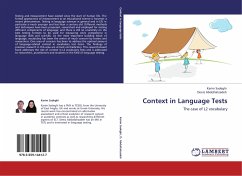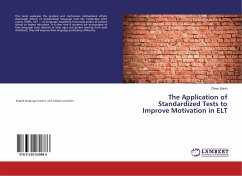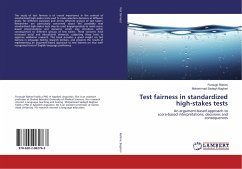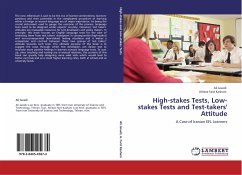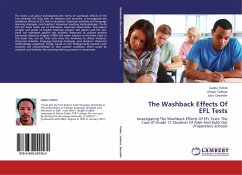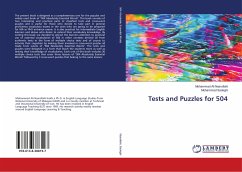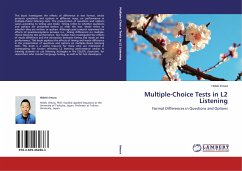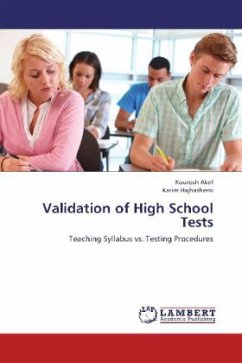Testing and measurement have existed since the start of human life. The formal appearance of measurement as an educational science is however a recent phenomenon. Testing in language sciences in general and in EFL in particular is much younger and less than a century old. Different methods and techniques have been proposed, researched and employed for testing different components of language; and there is still no unanimity on the best testing formats to be used for measuring one's competence in language skills and sub-kills. As the most important building block of language, vocabulary has been the centre of much concern by testers and researchers. One area of concern has been to address the optimal amount of language-related context in vocabulary test items. The findings of previous research in this area are at best contradictory. This research-based book addresses the role of context in L2 vocabulary tests and is addressed to researchers, practitioners and students in the fieldof language testing.
Bitte wählen Sie Ihr Anliegen aus.
Rechnungen
Retourenschein anfordern
Bestellstatus
Storno

